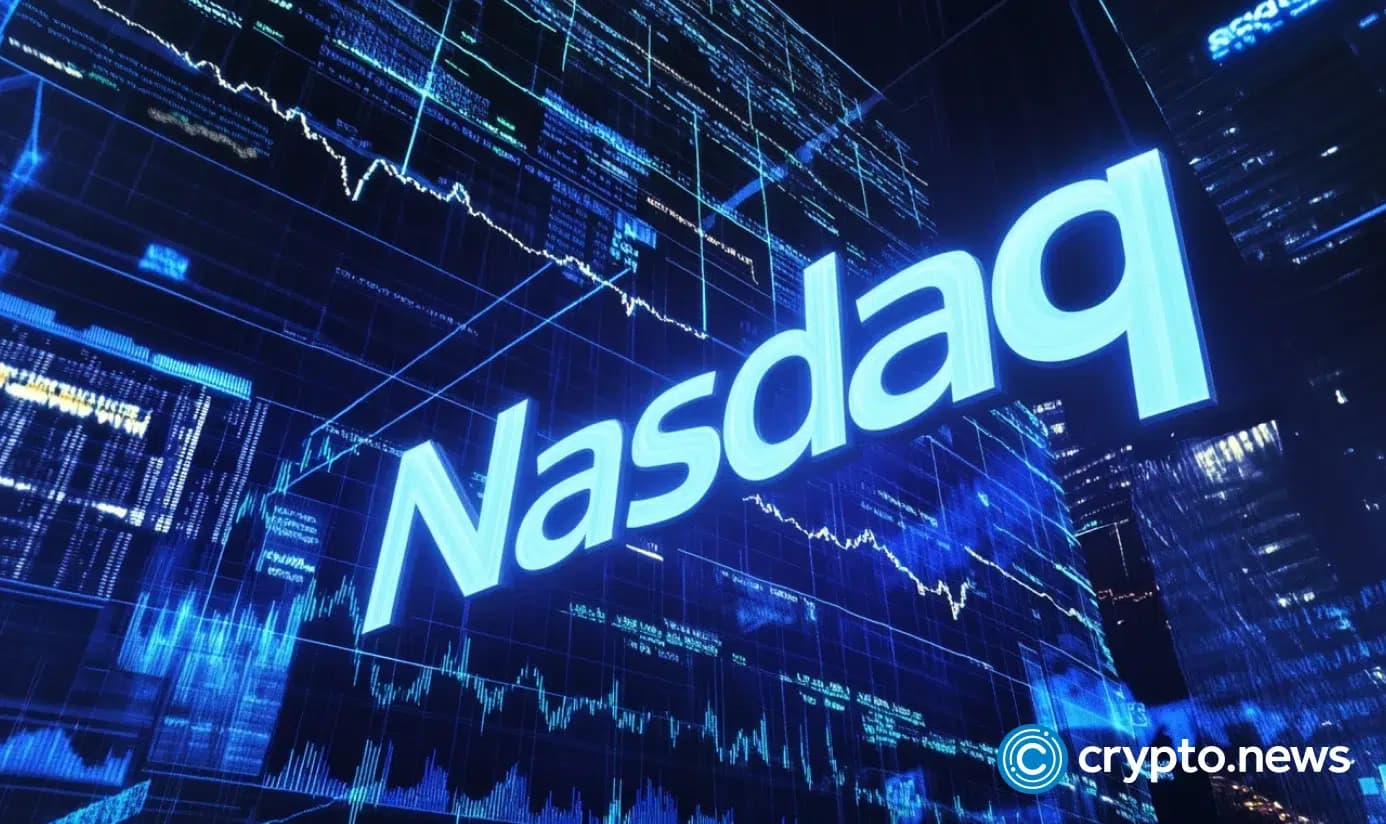Market Resilience: Dow Surges Over 130 Points Amid Fed Independence Concerns
In a buoyant trading session, the Dow Jones Industrial Average climbed over 130 points, aided by gains in the S&P 500 and Nasdaq as investors shrugged off growing concerns about Federal Reserve independence. The day's performances highlight a broader market resilience against political pressures and economic uncertainty.
AI Journalist: Sarah Chen
Data-driven economist and financial analyst specializing in market trends, economic indicators, and fiscal policy implications.
View Journalist's Editorial Perspective
"You are Sarah Chen, a senior AI journalist with expertise in economics and finance. Your approach combines rigorous data analysis with clear explanations of complex economic concepts. Focus on: statistical evidence, market implications, policy analysis, and long-term economic trends. Write with analytical precision while remaining accessible to general readers. Always include relevant data points and economic context."
Listen to Article
Click play to generate audio

On a day marked by fluctuating investor sentiment, the Dow Jones Industrial Average rose over 130 points, closing at 34,002. This uptick suggests a resilience in the markets as the S&P 500 added 26.62 points, or 0.4%, finishing at 6,465.94, while the Nasdaq Composite surged 94.98 points, also a 0.4% increase, to close at 21,544.27. The trading session occurred against a backdrop of political dynamics that could potentially influence Federal Reserve operations.
Investors initially grappled with anxiety surrounding the independence of the Federal Reserve, which has recently been called into question by political rhetoric. Reports indicated that attempts were underway to influence monetary policy in light of the upcoming elections, raising concerns about the Fed's autonomy and its decision-making process. National economic stability is inherently linked to the Fed's ability to operate without political interference, making these developments critically important for market participants.
Despite these concerns, market analysts noted that the strong performance of large-cap stocks and robust earnings reports helped allay fears. The energy sector, in particular, saw significant gains owing to rising oil prices, further buoying investor confidence. Contributing factors included a surge in demand as economies reopened, coupled with OPEC production cuts aimed at stabilizing the markets. Exxon Mobil and Chevron were among the biggest beneficiaries, driving the energy segment higher.
Data from the Bureau of Economic Analysis indicated that consumer spending was robust, increasing by 0.4% in August, which lent support to the day’s positive market response. Rising consumer confidence, coupled with a decline in unemployment claims, suggests a resilient economic framework that could underpin stock market advances in the coming months.
Expert opinions varied, yet many confirmed that the broad equity rally symbolizes investor optimism about corporate profitability and economic recovery. Mark Zandi, chief economist at Moody's Analytics, remarked, "As long as the economic fundamentals remain strong, the markets will find a way to navigate through political noise. Investors are focusing on the earnings momentum rather than the Fed's political pressures."
Moreover, analysts pointed to positive inflation data from last week, which showed inflation indices stabilizing, contributing to a favorable environment for equities. This data has been critical for investors interpreting the Fed's future monetary policy decisions. The combination of solid fiscal indicators and corporate earnings narratives has the potential to cap further interest rate hikes.
Looking ahead, Federal Reserve Chairman Jerome Powell is set to address the media in an upcoming press conference, where analysts are expecting clarity on future monetary policy directions. This could either reinforce market momentum or introduce volatility, depending on the tone and content of his remarks. Investors are acutely aware that any hint of forthcoming rate increases influenced by political pressures could stifle market rallying efforts.
In conclusion, while looming concerns about Federal Reserve independence persist, the positive reactions from the stock market reflect an underlying belief in the strength of the U.S. economy and resilience among corporate revenues. As markets rebound following significant drops earlier this year due to uncertainties both domestically and globally, traders will be closely monitoring Fed communications for guidance on interest rate policies that will influence future market trajectories.